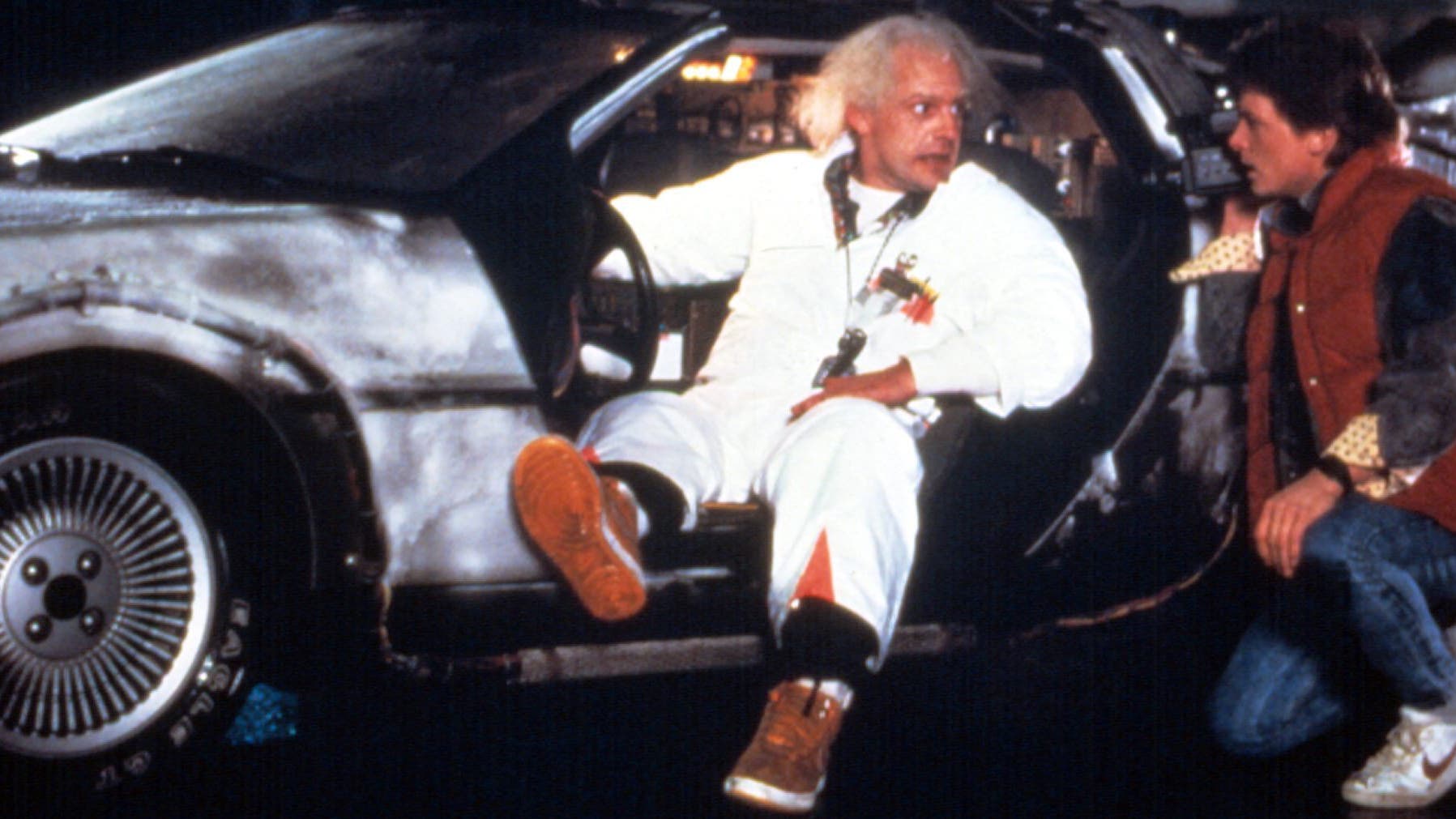However, over time, fantastic fantasy has lost its power. While Kepler and his contemporaries still referred to mysticism, his descendants saw in industrialization that the laws of nature prevail. Whereas previously magic or divine power could still cause harm, now mechanics work. Eighteenth-century philosopher David Hume wrote: “Consider the whole world system, all its parts, and you will see that it is but one great machine divided into countless kinds of smaller machines.” Since then, the world has become like clockwork. Since then progress has been determined inevitably. Who would still come up with the idea of turning the clock?
Belief in technology has not replaced imagination. Kepler’s “Dream” and Aldous Huxley’s dystopia and H.G. Wells unite the importance of imagination. But the latter has no place in an increasingly orderly and rational present, which has been designed for symmetry. Since then, fantasy and its inherent diversity belong to the future. There, and only there, can one vent one’s anger. As a result, science and fiction have become increasingly separate.
Today, the status of the relationship is “complicated.” Fantasy sometimes enters our world in the form of a few visions. It is the modern story-tellers, the privileged, and therefore the incomprehensible, geniuses who define the public debate in a peculiar way and announce independent progress. Title: “Progress through Technology”. Man remains a spectator (not “Vorsprung durch Menschen”). However, man rarely appears as an author or creative force. Eat what’s on the table. And as we sit, progress is gaining momentum. It’s hard for us to keep up. Increasingly, we live in a state we no longer understand, use technology we can’t explain, and make personal choices even though we don’t agree with their overall consequences, if we could understand them. Technologies and their promises are being presented to us as “normal” in succession faster than ever before they even exist in reality. quantitative statistics? He’s been there for a long time. Self-driving? Something from 2015. Metaverse, Blockchain, Web3? You went there and you did it! Philosopher Peter Sloterdijk wrote that anyone who does not get dizzy is not told. As viewers try to keep up with technological developments and the narratives of visionaries, the repulsive forces of modernity drain us more than they give us. Helpless and frustrated, we find ourselves increasingly in extreme situations, as if we are in a spin cycle – becoming alone between those of the miserable school dropouts and those of the technological utopians.

“Alcohol buff. Troublemaker. Introvert. Student. Social media lover. Web ninja. Bacon fan. Reader.”







More Stories
How is it treated and how can it be prevented?
Behavioral scientist: Curiosity enhances biodiversity
Science: Microplastics from ships and the sea: investigation in the North Sea